Gets Along with Others
The ability to form positive and healthy relationships with peers and adults. Children with better abilities to regulate their emotions and behaviours have more friends and experience more positive playtime with their peers.
Getting along with others and being able to form satisfying relationships with peers and adults is at the centre of emotional and physical well-being. Friendships provide opportunities for children and youth to master social skills, increase learning and establish positive behaviour. Learning the skills and competencies needed in order to develop and maintain successful relationships is a process that starts in infancy with the first critical relationship - the relationship between the caregiver(s) and the infant and then continues through development with adults supporting increasingly complex social interactions that children and youth encounter in their various environments.
A healthy caregiver-child relationship forms the template for future peer relations and friendships; however, while friendships take on an increasingly important role in late childhood and adolescence, they do not act as a substitute for caregiver-child attachments. Both healthy connections to peers and adults are necessary for child and youth development.
105 Resources
-
- Secure and Calm
- Gets Along with Others
- Alert and Engaged
- Compassionate and Kind
- Solves Problems Peacefully
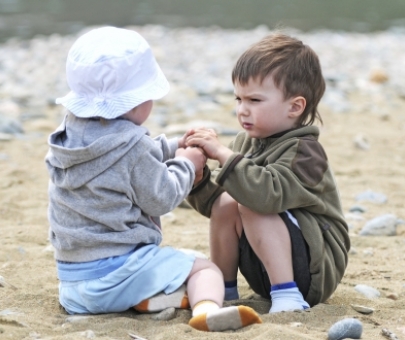
The Opportunity of a Toddler Dispute
-
- Secure and Calm
- Gets Along with Others
- Alert and Engaged
- Compassionate and Kind
- Solves Problems Peacefully

Dealing with Fear of Online Risks
-
- Secure and Calm
- Gets Along with Others
- Alert and Engaged
- Compassionate and Kind
- Solves Problems Peacefully

Lesson Plan: Teaching Kindness with Chrysanthemum
-
- Secure and Calm
- Gets Along with Others
- Alert and Engaged
- Compassionate and Kind
- Solves Problems Peacefully
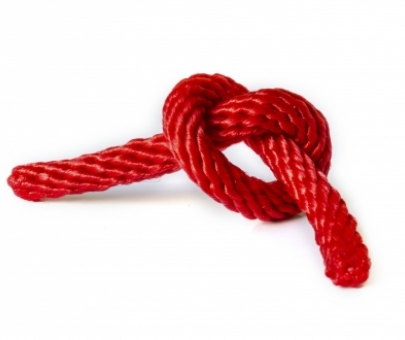
Lesson Plan: Create Group Safety
-
- Secure and Calm
- Gets Along with Others
- Alert and Engaged
- Compassionate and Kind
- Solves Problems Peacefully

Tips to Stay Involved with Youth Online Communication
-
- Secure and Calm
- Gets Along with Others
- Alert and Engaged
- Compassionate and Kind
- Solves Problems Peacefully
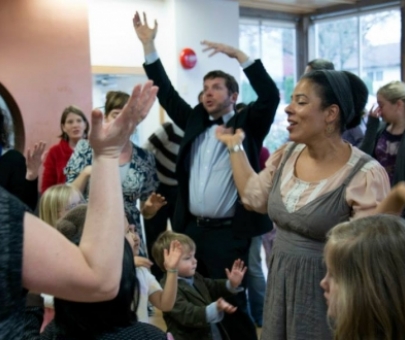
Hosting a Heart-Mind Family Dance
-
- Secure and Calm
- Gets Along with Others
- Alert and Engaged
- Compassionate and Kind
- Solves Problems Peacefully
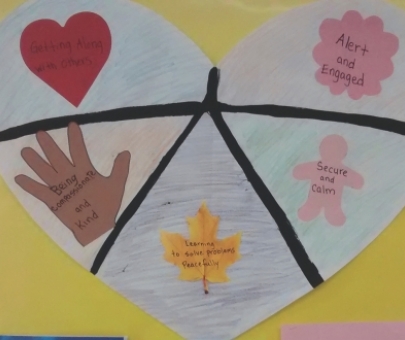
Growing a Tree of Empathy
-
- Secure and Calm
- Gets Along with Others
- Alert and Engaged
- Compassionate and Kind
- Solves Problems Peacefully

Setting Group Agreements with Youth
-
- Secure and Calm
- Gets Along with Others
- Alert and Engaged
- Compassionate and Kind
- Solves Problems Peacefully

Capturing Kindness
-
- Secure and Calm
- Gets Along with Others
- Alert and Engaged
- Compassionate and Kind
- Solves Problems Peacefully
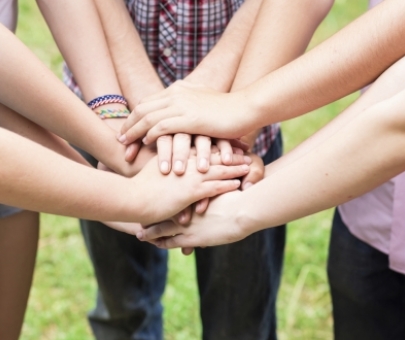
7 Heart-Mind Centered Youth Leadership Activities
-
- Secure and Calm
- Gets Along with Others
- Alert and Engaged
- Compassionate and Kind
- Solves Problems Peacefully
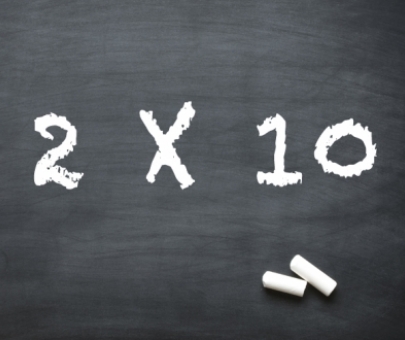
Can you Solve “Difficult” Behaviour – in Only 20 Minutes?
-
- Secure and Calm
- Gets Along with Others
- Alert and Engaged
- Compassionate and Kind
- Solves Problems Peacefully

Lesson Plan: The Emotion Wheel